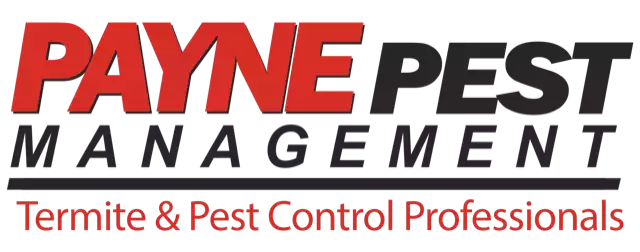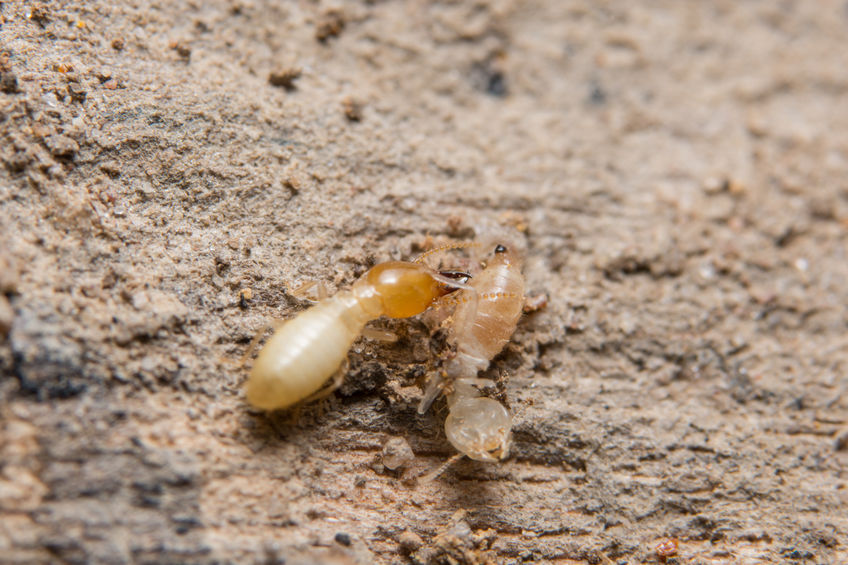Termites can be ravenous, but sometimes it’s hard to estimate how much damage they can actually do. After all, they are reclusive insects that rarely, if ever, see daylight. This makes it hard to believe that they are as destructive as people say. In this article, we’re going to take a more in-depth look at how much damage termites actually cause.
Damage by termite type
You have several termite types in the US, but the two most common in home infestation are drywood and subterranean termites. Of the two species, the subterranean termites are the most damaging, but drywood termites are no slouches either. Drywood termites cause hundreds of millions of dollars in damage every year across the country, but subterranean termite damage reaches into the billions.
The reason for this disparity is the size of each species’ colony. Drywood termites need to build their colonies inside the wood itself, which does not leave a lot of room for expansion. Subterranean termites build their colony underground and after a few years, one colony can reach millions of members. This allows them to spread further and cause damage faster.
The damage timeline
Termites will eat wood to survive, and as a colony grows, the rate at which they need to eat wood increases, with larger subterranean termite colonies being able to eat as much as a pound of wood every day. However, it may take years for the damage to become visible on the exterior of the wood.
Signs of termite damage
After a home has been infested for a few years, there will be visible signs of termite damage on the wooden structures of the building. These signs include:
- Hollow sounding wood when tapped.
- Paint on the wood starts to peel and bubble.
- Small holes in the wood.
- Buckling walls and ceilings.
- The wood looks water damaged.
Besides these signs that are visible on the wood, you also have other signs that termites are present. These signs include mud tubes that extend from the ground onto the wood of the home, and swarms of flying termites looking for a new place to nest.
If you notice any of these signs, you should call a pest control specialist right away. Contact us today to set up a termite inspection appointment or to ask us any question you may have about termites and other pests.







